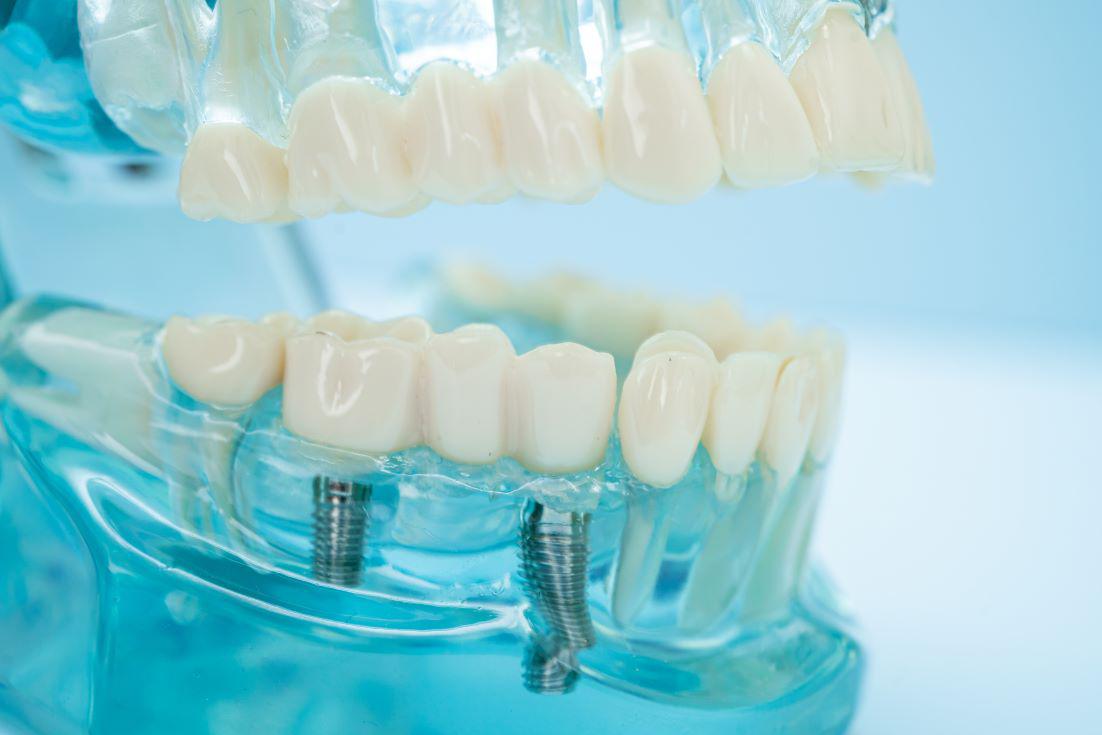Dental implants have revolutionized tooth replacement, offering a durable, natural-looking, and long-lasting solution for missing teeth. But did you know there are different types of dental implants? Each type is tailored to meet specific needs, whether you’re missing one tooth, several teeth, or all your teeth. In this blog, we’ll explore the different kinds of dental implants and help you understand which option might be best for you.
What Are Dental Implants?
Dental implants are titanium or zirconia posts surgically inserted into the jawbone to serve as artificial tooth roots. They provide a sturdy foundation for replacement teeth, such as crowns, bridges, or dentures, and help preserve bone density and facial structure.
The Main Types of Dental Implants
Dental implants are categorized based on their placement, design, and function. Here’s an overview of the most common types:
1. Endosteal Implants
Endosteal implants are the most common type of dental implant. They are placed directly into the jawbone and typically resemble small screws.
A. How They Work: Once the implant is inserted, the jawbone heals around it in a process called osseointegration. This creates a secure bond, making the implant a strong foundation for a crown or bridge.
B. Ideal Candidates: Patients with healthy jawbone density are typically good candidates for endosteal implants. If bone loss has occurred, bone grafting may be necessary to support the implant.
2. Subperiosteal Implants
Subperiosteal implants are placed beneath the gum tissue but rest on or above the jawbone, rather than being inserted into it
A. How They Work: A metal framework is positioned under the gums, and posts attached to this frame protrude to hold the replacement teeth.
B. Ideal Candidates: This option is suitable for patients who don’t have enough healthy jawbone and are not candidates for bone grafting.
3. Zygomatic Implants
Zygomatic implants are a specialized option used when there isn’t enough upper jawbone to support traditional implants. These implants are anchored in the cheekbone (zygoma) instead of the jawbone.
A. How They Work: These longer implants bypass the upper jawbone entirely, anchoring securely into the dense zygomatic bone.
B. Ideal Candidates: Patients with significant bone loss in the upper jaw who don’t want or cannot undergo bone grafting or sinus lifts can benefit from zygomatic implants.
4. Implant-Supported Dentures
These are similar to All-on-4 implants but can involve more implants or different attachment methods. Implant-supported dentures are removable, unlike fixed All-on-4 prosthetics.
Advantages: They are more secure than traditional dentures, reducing slippage and improving comfort.
Materials Used in Dental Implants
Dental implants can be made from different materials, each with its unique benefits:
1. Titanium: The most commonly used material, titanium is biocompatible, durable, and integrates seamlessly with bone.
2. Zirconia: An alternative to titanium, zirconia implants are metal-free, making them ideal for patients with metal allergies or aesthetic concerns.
Choosing the Right Dental Implant
The type of dental implant that’s right for you depends on several factors, including:
1. The number of missing teeth
2. The condition of your jawbone
3. Your overall health and treatment goals
4. Your budget and preferences
During your consultation, we will assess your oral health, take X-rays or 3D scans, and discuss the options that best suit your needs.
Transform Your Smile with Dental Implants
Dental implants are a versatile and transformative solution for missing teeth. Whether you need a single-tooth replacement or a full-mouth restoration, there’s an implant option for you.
Ready to restore your smile and confidence? Schedule a consultation with our dental office today. Our team is here to guide you through the process and help you choose the best solution for your unique needs.
Your journey to a healthier, more beautiful smile starts here!



